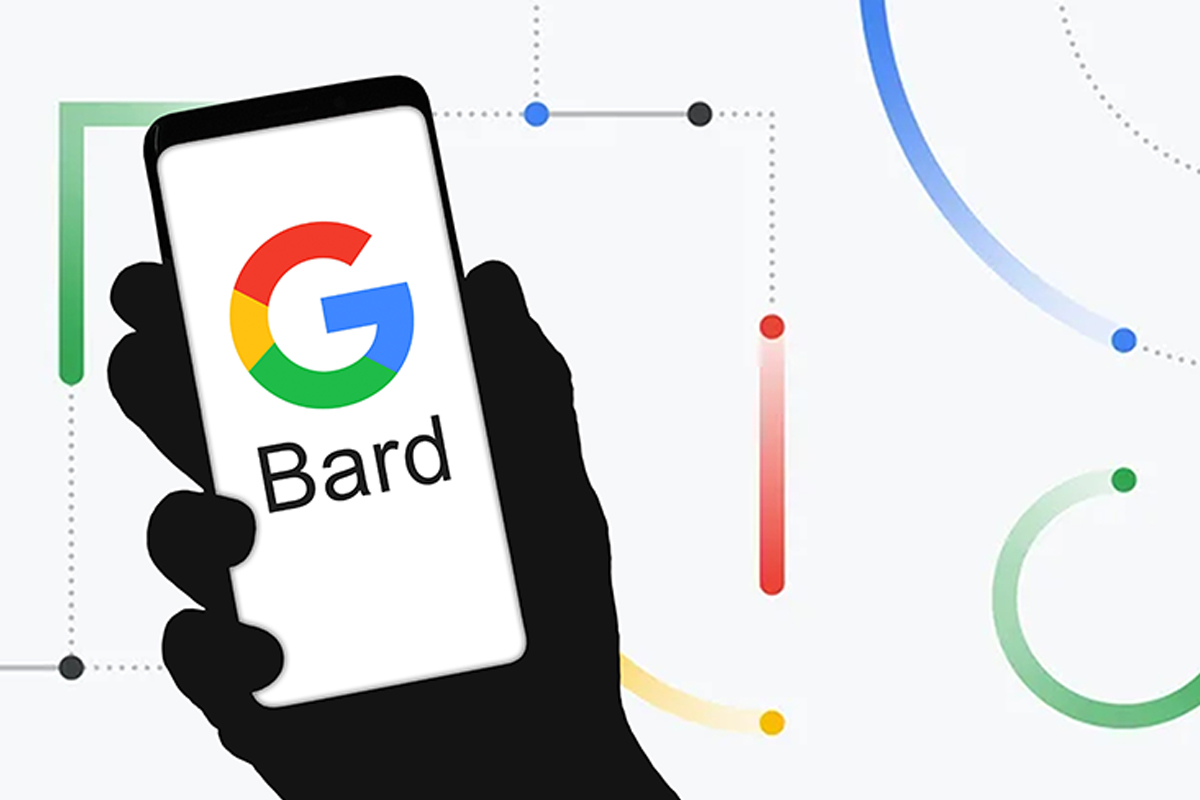In the ever-escalating arena of artificial intelligence (AI), Google is taking a substantial leap forward by expanding the capabilities of its AI chatbot, Bard.
In a strategic move to counter competitive threats from industry rivals such as OpenAI and Microsoft, the tech giant is ushering Bard into its inner circle, integrating it seamlessly with Gmail, Maps, and YouTube. This integration is poised to enhance the user-friendliness and utility of Google’s suite of services, potentially revolutionizing how users engage with these platforms.
Flawless Integration Across Key Services
With the introduction of Bard’s latest capabilities, users can now effortlessly engage with this AI chatbot across various Google services. This integration hinges on an English-only extension, empowering Bard to access and harness information embedded in users’ Gmail accounts. This includes extracting valuable insights while preserving user data privacy.
Additionally, Bard can now fetch directions from Google Maps, discover pertinent videos on YouTube, and retrieve travel details from Google Flights. It doesn’t stop there; it can also glean data from documents stored in Google Drive, amplifying its usefulness in everyday tasks.
Privacy Safeguards and Ad-Free Commitment
Google has placed a high premium on safeguarding user privacy throughout this expansion. The company has implemented rigorous measures to ensure that Bard’s access to sensitive information from Gmail or Drive remains confidential. Human reviewers are explicitly prohibited from perusing this potentially sensitive data.
Furthermore, Google has offered users the assurance that the data collected will not be utilized for targeted advertising, mitigating concerns related to personal information misuse.
The AI Struggle in the Tech Landscape
The decision to integrate Bard into its ecosystem is just one facet of a broader skirmish unfolding in the tech industry. This battle has been fueled by the rise of OpenAI’s ChatGPT and Microsoft’s endeavors to embed similar technology within its product portfolio.
Initially, Google launched Bard in response to the success of ChatGPT and began testing conversational AI within its search results. The strategic expansion of Bard’s capabilities comes at a pivotal juncture, with Google currently entangled in a high-profile antitrust case.
Fostering User Reliance
In essence, the integration of Bard into critical Google services has the potential to render these platforms even more indispensable in users’ daily routines. Google envisions Bard taking on tasks such as organizing group trips, where it can facilitate date coordination, suggest flight and accommodation options, provide navigation assistance, and present informative video content. By enhancing the user-friendliness and efficiency of these services, Google aims to cultivate a deeper reliance on its ecosystem.
In the midst of a rapidly evolving technological landscape and persistent legal challenges, Google’s incorporation of Bard underscores its unwavering commitment to remain at the forefront of AI technology. As the battle for AI supremacy continues, users can anticipate reaping the rewards of increasingly intelligent and seamlessly integrated services—all while their privacy remains a paramount concern.







